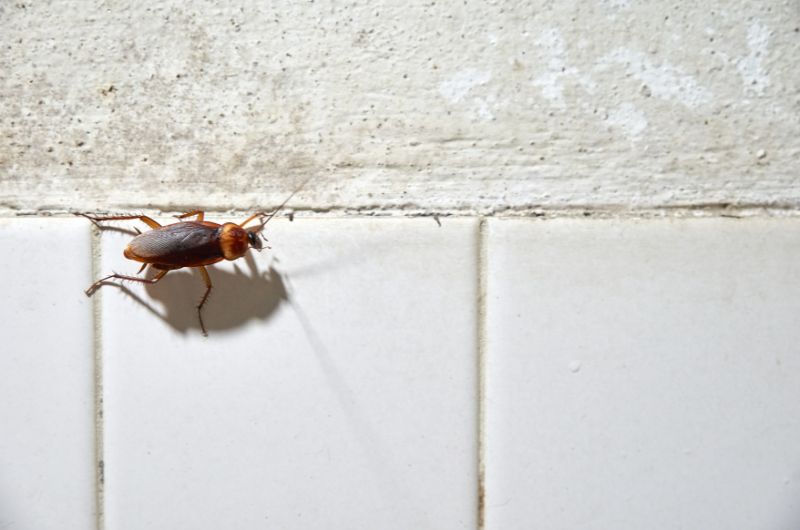
Keeping your property clean and clear of pests is a part of your job as a landlord and a key part of maintaining the living conditions of your rental. However, pest control isn’t always the landlord’s job; it can be a gray area, rife with confusion about whether the responsibility falls on the landlord or the tenant. Let’s delve into the intricacies of pest control obligations and help determine whether the landlord or tenant is responsible, depending on your situation.
When Is the Landlord Responsible for Pest Control?
Generally, the landlord is responsible for pest control before a tenant moves in and in scenarios where infestations occur due to natural circumstances or building issues. If the rental property has termites, cockroaches, or rodents due to structural problems, it’s the landlord’s responsibility to hire pest control services.
Additionally, landlords are also obligated to deal with pest problems that arise from natural conditions, such as seasonal changes or weather conditions. This is because, as the property owner, the landlord is expected to maintain a clean, safe, and habitable living environment for the tenant, which includes keeping the property free from pests.
When Is the Tenant Responsible for Pest Control?
In contrast, the tenant is typically responsible for pest control when the infestation is due to their actions or negligence. For example, if a tenant fails to maintain cleanliness, leaves food out, or doesn’t properly dispose of waste, this attracts pests, and the responsibility for pest control falls on them.
This also applies to situations in which the tenant brings in furniture or appliances infested with pests, such as bed bugs or fleas. In these cases, the tenant should handle and cover the cost of pest control. However, regulations can vary, and specific responsibilities should be in your rental agreement or lease.
How Can You Avoid Disputes Over Pest Control Responsibility?
We know that whether the landlord or tenant is responsible for pest control depends on the situation, but how can property owners avoid having this conversation in the first place? To prevent disputes regarding pest control responsibilities, landlords should make it a point to outline the details pertaining to pest control in the rental or lease agreement. This should include the circumstances under which the landlord will be responsible and when the burden falls on the tenant.
Additionally, discuss the potential consequences of any pest-related issues, including who will bear the cost of extermination services. Regular property inspections can also be a practical way to identify and address potential pest problems early on. This way, you can catch the beginnings of an infestation and its source before it becomes a costly, frustrating issue.
If you’re tired of dealing with tedious tenant issues or simply don’t have the time, let Excalibur Homes take the worry off your shoulders. We offer an extensive range of property management services in the Atlanta area and can take care of the day-to-day tasks so you can relax and watch the income roll in.


